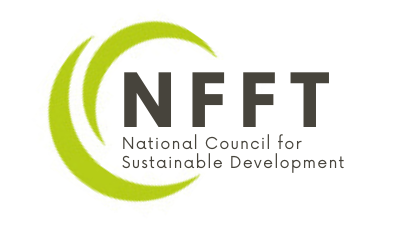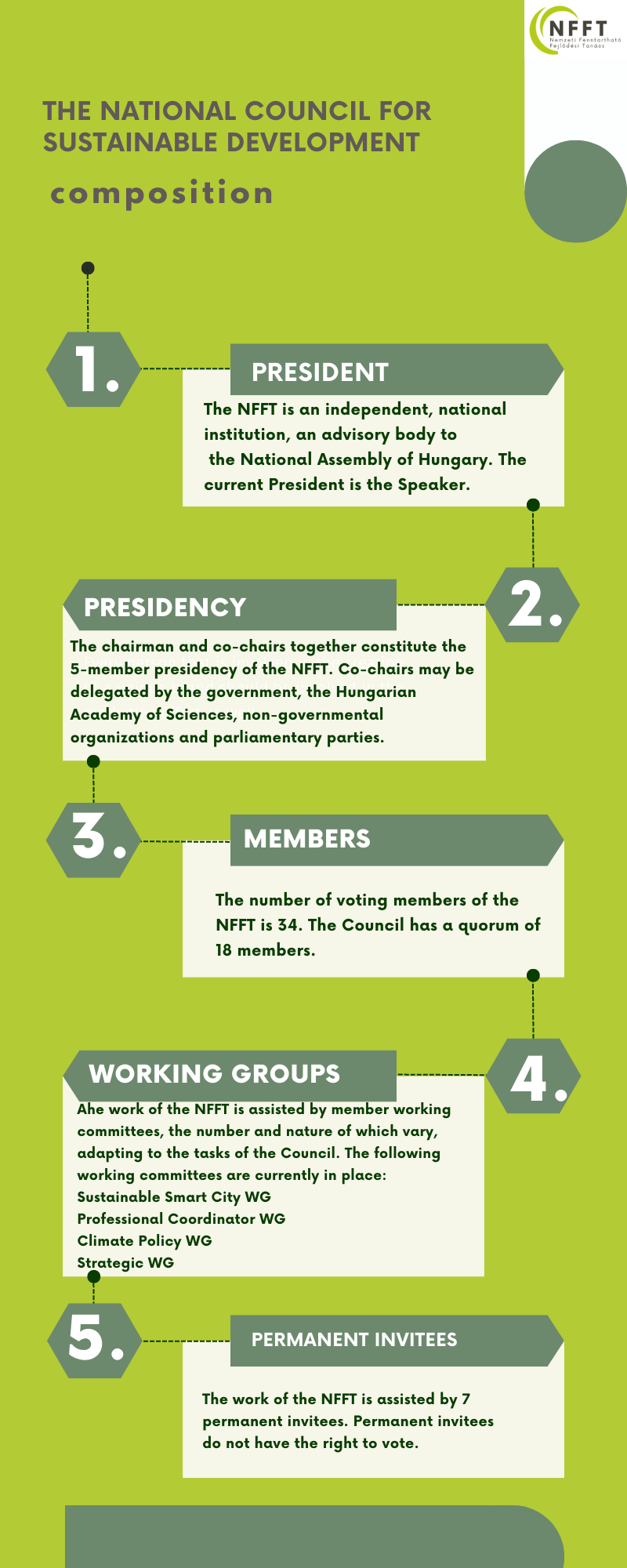NFFT’s Professional Coordination Working Committee holds online workshop session - NCSD
Asset Publisher
What are the challenges of achieving net-zero carbon emissions? Together with its guest speakers, NFFT sought to find an answer to that question in its workshop session last week.
The keynote addresses were delivered by Csaba Kőrösi, director of the Directorate for Environmental Sustainability at the President’s Office and András Mezősi, senior research fellow at the Regional Center for Energy Policy Research of the Corvinus University.
The online workshop session reviewed the current rate of emissions in various sectors together with the targets planned to be achieved by 2050. Discussing the options to reduce emissions, Csaba Kőrösi emphasized that lower consumption rates in every sector must go hand in hand with technology upgrades and efficiency improvements. In the area of transport, a complete transformation is needed (the reform of the background infrastructure and transport organisation etc.). In the process towards lower emission rates, neither the costs, nor the results are linear: the last 20% is expected to require stronger efforts to reach than the first 20%. While the global COVID-19 epidemic led to a decrease of 6 to 7% in emissions across the world, this rate is not expected to continue in the years to come. Carbon neutrality is not to be reached through the restriction of economic activities but a structural shift, the circular economy and sound resource management is indispensable.
András Mezősi presented the four pillars of the decarbonisation of the energy sector: electrification across all areas of the energy sector including transport, buildings and industrial electricity consumption; higher rates of hydrogen use; carbon capture and utilisation (CCUS) and energy efficiency in every segment of the energy industry.
Each of these is necessary to achieve nearly zero GHG emissions in the energy sector. This implies a rise in renewable electricity generation (using mainly wind power and PV) and the creation of the significant amount of necessary electricity storage capacity. András Mezősi also described the various scenarios of delayed action and early action and the difference between the related surplus costs.
NFFT will hold its next online workshop session on 15 April.


